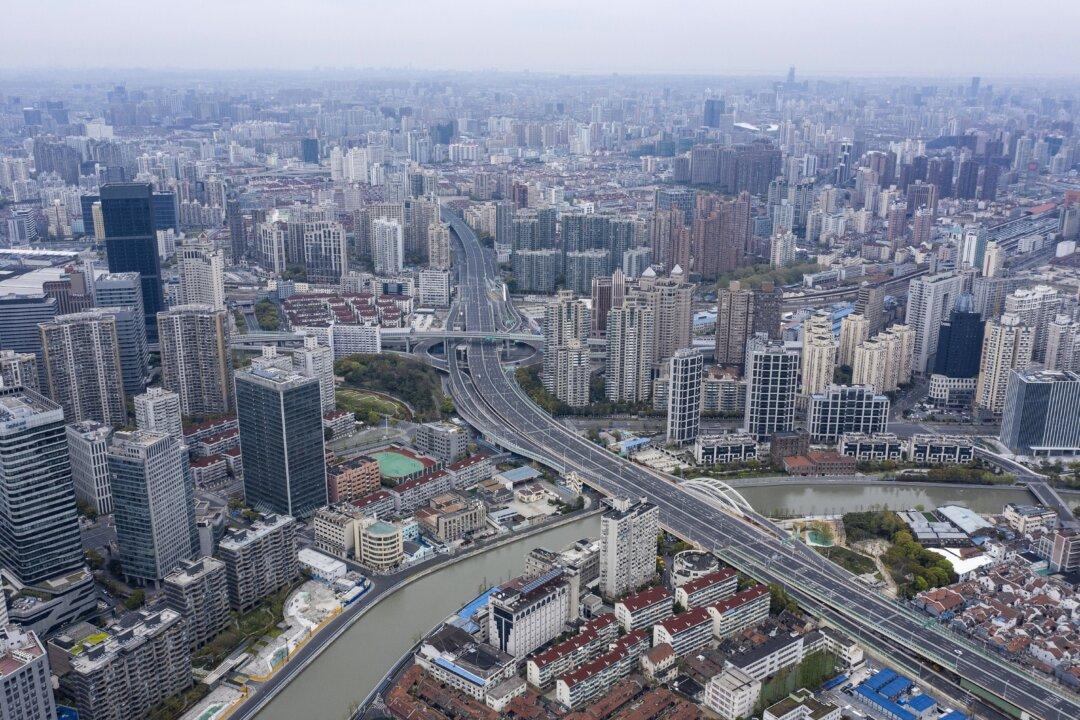News Analysis
In a recent economics symposium, Chinese Premier Li Keqiang emphasized the need to stabilize the economy and revealed that China’s current economic situation is “very challenging.” But on June 29, Chinese Communist Party leader Xi Jinping reiterated the “zero-COVID” policy and called the policy important in affecting economic development and advancement. The clash between Xi and Li is once again in the spotlight.





